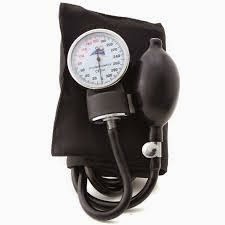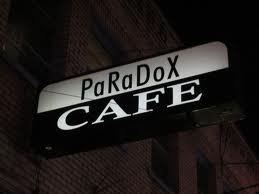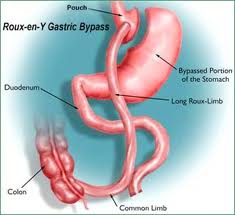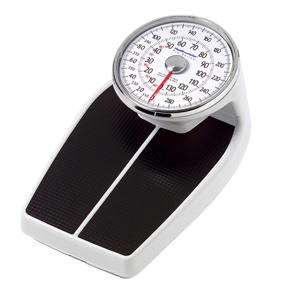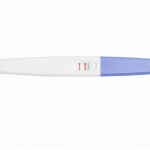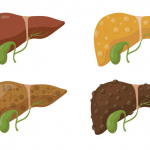Have you ever wondered why you might feel the urge to reach for a chocolate bar or a bowl of ice cream after receiving some bad news? Or why that baked mac n’ cheese really does fit the bill of a ‘comfort food’? The effect on mood that we often feel after eating these foods is not a figment of our imaginations – it is a physiologic reality that high fat foods affect our emotions, and it turns out that it goes farther than the enjoyable taste, smell, or texture of these foods. In fact, a recent study provides some interesting evidence to suggest that a direct message from the stomach to the brain in response to a fatty meal may play a role in this fascinating phenomenon.
A rather ingenious study (in my opinion) published by Van Oudenhove and colleagues in the Journal of Clinical Investigation infused a solution of either fats or salt water directly into the stomachs of 12 healthy, non obese volunteers (thereby bypassing any satisfaction or pleasure derived from the taste, smell, or texture sensations of a fatty meal). Along with these infusions, they induced feelings of either sadness or neutral emotion, using pictures and music, and asked them to rate their mood.
The researchers found that hunger scores were higher during the sad emotion than during the neutral emotion (supporting that a down mood promotes hunger). While they did not find that the fat infusion decreased hunger compared to the salt water infusion, they did find that the difference in hunger ratings between the sad and neutral conditions was less during the fat infusions than it was during the salt water infusions, suggesting that the fat infusion has an effect to take the edge off of, or lessen the blow of, the effect of sadness on hunger.
They also found that while there was no difference in sadness ratings in the fat infusion versus the salt water infusion, the difference in sadness ratings between the sad and neutral conditions was less during the fat infusions than during the salt water infusion. Again, this suggests that fat has an effect to moderate sadness such that it feels like less of a roller coaster ride.
The researchers also looked at parts of the brain involved in sadness using functional MRI, and found that the fat infusions had an attenuating (lessening) effect on the activity of some of these areas of the brain in response to induction of sadness, compared to the salt water infusions.
Putting these findings together, it suggests that there may be a direct signal from the stomach to the brain after taking in a fatty meal, which may lessen the feeling of hunger that sadness induces, and may lessen the swing between neutral mood and sadness. What this message is, exactly, is unknown, but it is likely that gut hormones are involved in this fascinating response.
These findings beg the question: Is the effect of a fatty meal on mood, or mood swings, or perception of sadness, different in people who struggle with their weight, compared to normal weight individuals? Do people with obesity have less mood modulation after consuming a similar amount of fatty food than nonobese individuals, thereby resulting in the need to eat a larger fatty meal in order to feel better or more emotionally stable? Or, do individuals with obesity have more mood improvement or stability with eating a fatty meal, thereby providing a greater emotional reward and causing that individual to be more inclined to seek out high fat meals in the future (eg in the case of food addiction)?
Very, very interesting, and most deserving of further research.
Dr Sue Pedersen www.drsue.ca © 2012 drsuetalks@gmail.com
Follow me on Twitter for daily tips! @drsuepedersen


